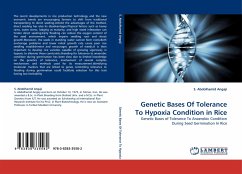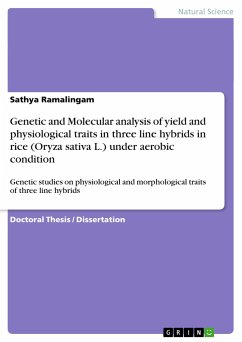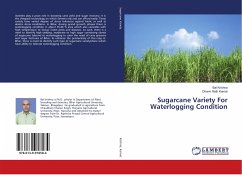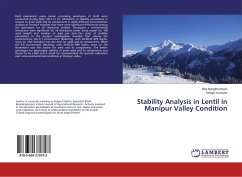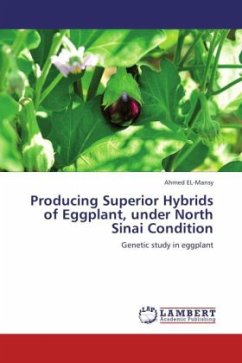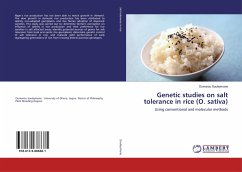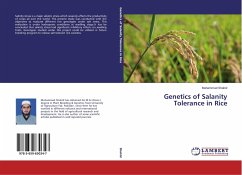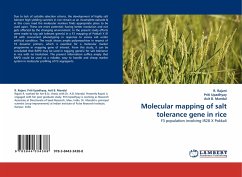The recent developments in rice production technology and the new economic trends are encouraging farmers to shift from traditional transplanting to direct seeding.Amidst the advantages of the method, direct seeding has also its disadvantages.Physical factors such as heavy rains, water stress, lodging at maturity, and high weed infestation can hinder direct seeding.Early flooding can reduce the oxygen content of the seed environment, which impairs seedling root and shoot growth.Moreover, the seeds in standing water cannot form roots.Both anchorage problems and lower initial growth rate cause poor rice seedling establishment and encourages growth of weeds.It is then important to develop rice varieties capable of growing vigorously in hypoxic to alleviate these constraints.Breeding for tolerance to anaerobic condition during germination has been slow due to limited knowledge on the genetics of tolerance, involvement of several complex mechanisms and methods used for its measurement.Identifying molecular markers that are linked to genes controlling tolerance to flooding during germination could facilitate selection for this trait having low heritability

